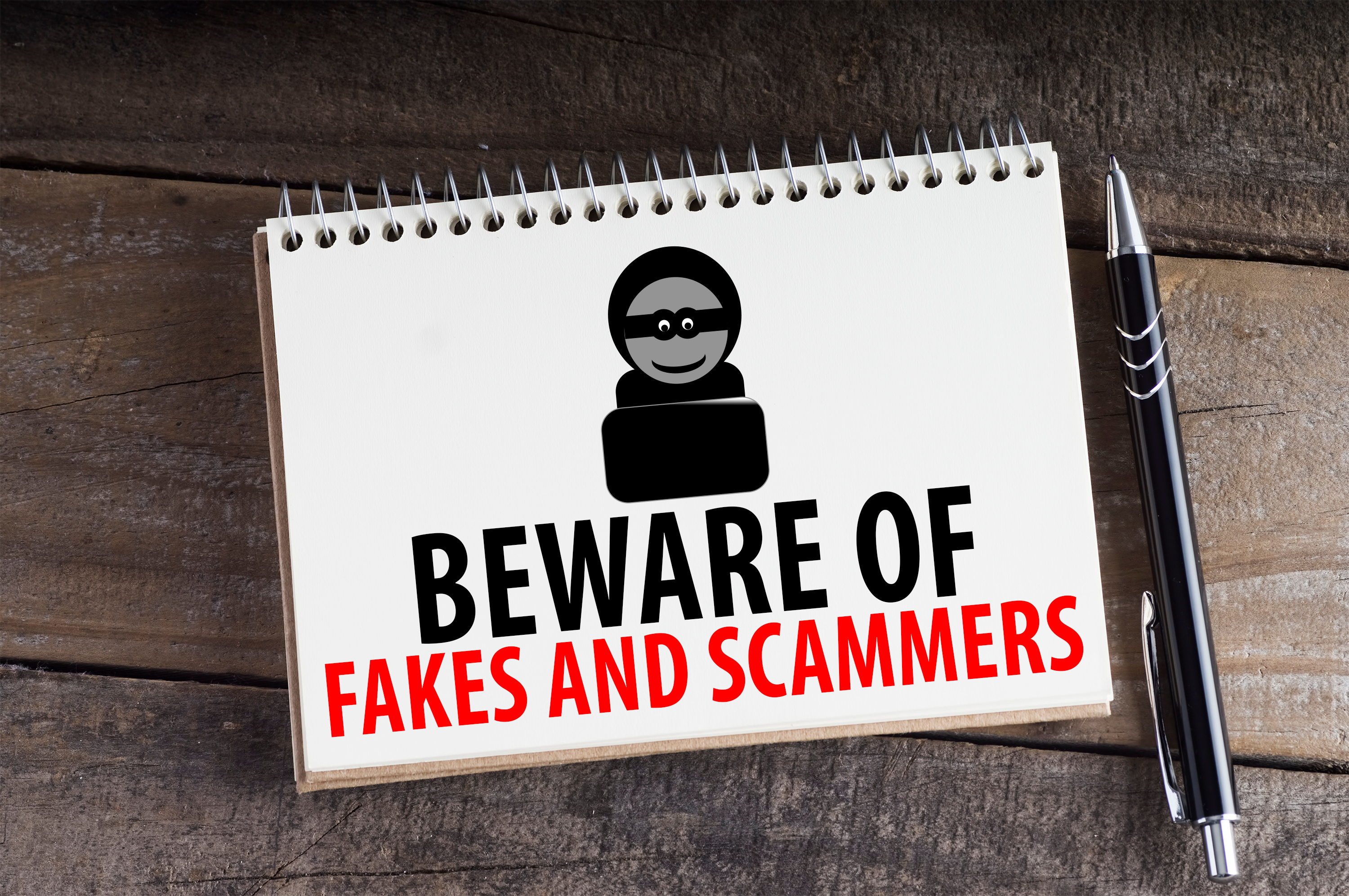Scam Alert - Fraud in 2025

Fraud to Watch in 2025
Scammers are constantly exploring new ways – and improving classic tactics – to steal our money and information. As we forge on into the new year, here are a few scams that you should look out for:
- Impersonation scams. Impersonation scams are when fraudsters text, call or email pretending to be your bank, the IRS, delivery companies and other trusted sources. Additionally, as the use of Artificial Intelligence continues to spike, we may experience more calls from people impersonating friends or family members.
- Facebook Marketplace scams. Facebook Marketplace is a great way to get rid of unwanted items and pick up some cool finds for a good price. But scammers also use the platform to post listings for items that don’t exist and convince prospective buyers to pay in advance, stealing the cash.
- Employment Scams. With employment scams, scammers post fake job listings on social media profiles or online job sites. Many of these listings ask candidates to pay a fee to send in their application, and then never contact them again.
- Cryptocurrency scams. Investing in cryptocurrency like Bitcoin has become increasingly popular over the last few years. Fraudsters take advantage by creating fake online broker platforms to lure investors into giving away their money and information.
- Event ticket fraud. Buying tickets online can be tricky – especially for highly-anticipated concerts or sports games that sell out in a matter of seconds. Scammers try to take advantage by selling nonexistent tickets on online marketplaces or social media, then disappearing with your money.
- Check fraud. While people continue to move away from checks toward digital payments, there is still potential for check fraud. Thanks to more sophisticated printing and AI technology, counterfeit checks can look incredibly real.
To avoid scams, it’s important to never give out your personal information to someone you don’t know over the phone or internet. If you’re unsure, hang up and call back at an official listed number.
Additionally, always do your best to verify that a seller or online platform is legit before you provide payment for a product or service.
Check out our learning center for more information on common scams and how to avoid them.



